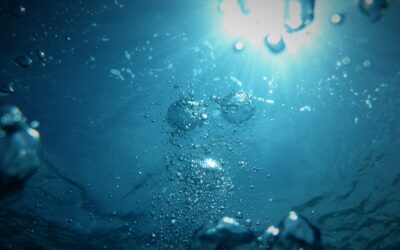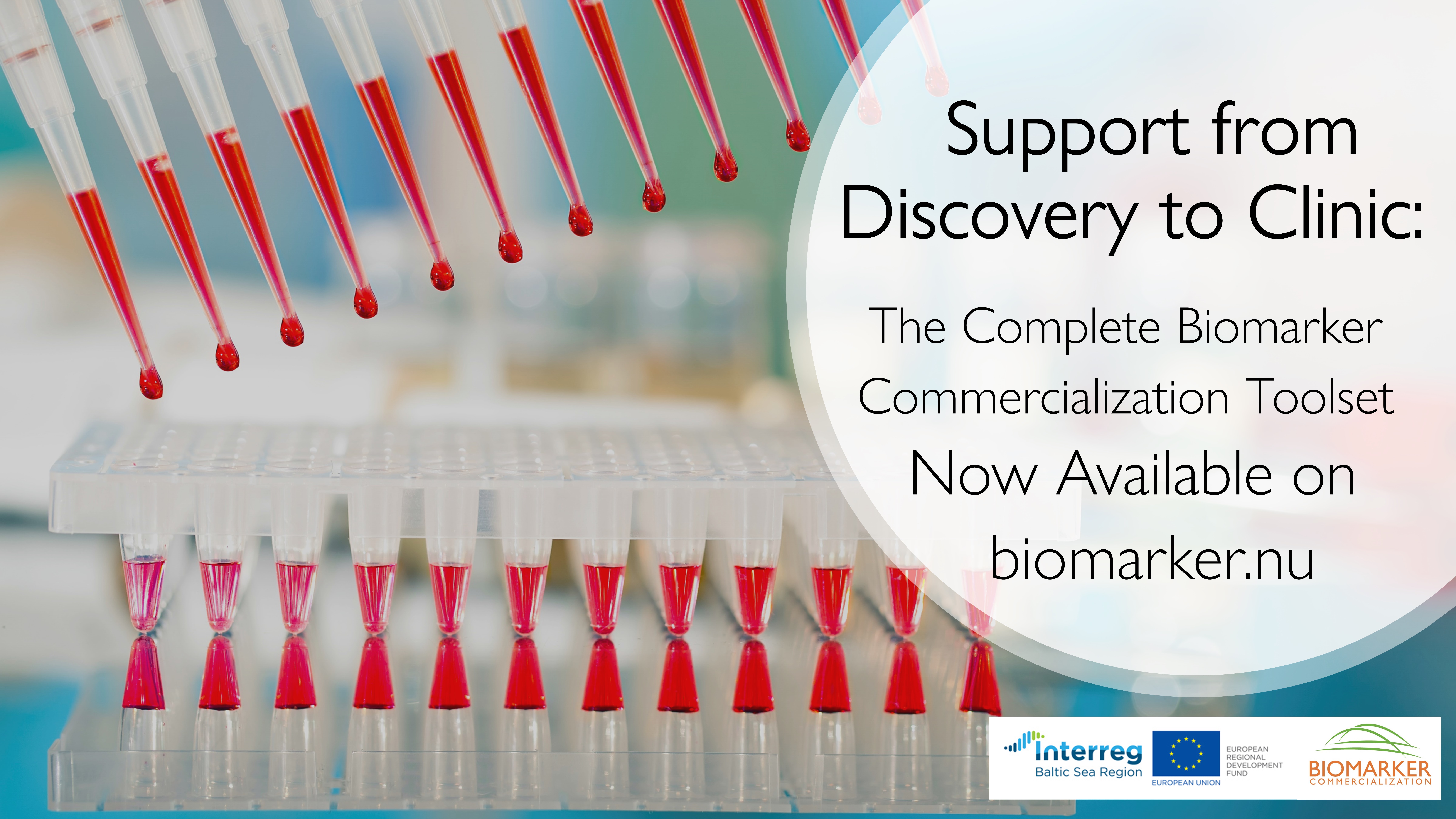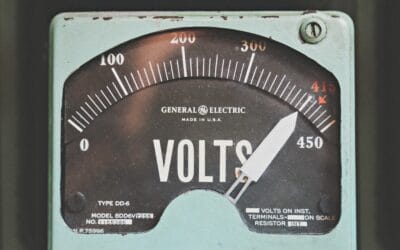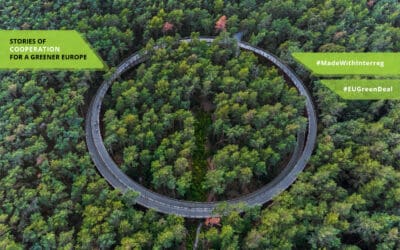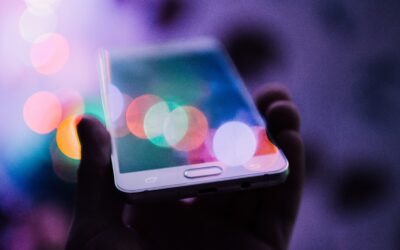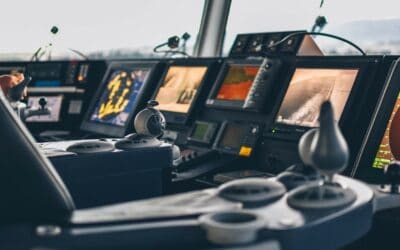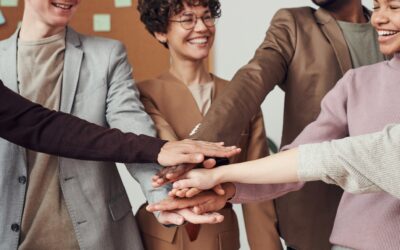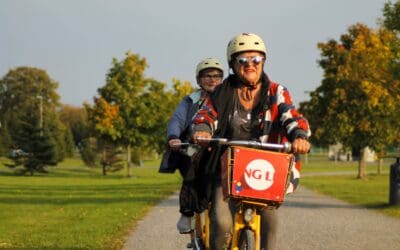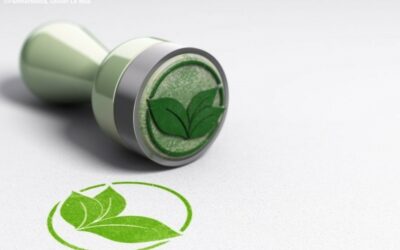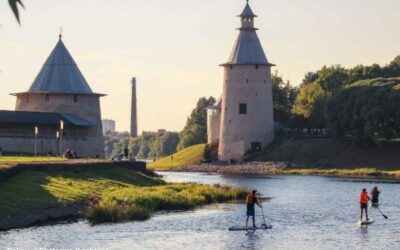30 June 2022 Bridging the gap on sustainable water management in the region Written by Luca ArfiniA hub for solutions and a platform for exchange on efficient water management. Read about BSR Water: a successful Interreg project platform that managed to bring water...
Interreg Baltic Sea Region
News
Enabling the market uptake of biomarkers used in diagnostics and treatment
25 April 2022 Enabling the market uptake of biomarkers used in diagnostics and treatment. Written by Barbara Simell, Turku Science Park LtdIn the Interreg project BIC, partners from six countries around the Baltic Sea worked together to bring biomarkers into medical...
Pivotal role of the local authorities in addressing energy efficiency
Heating, supply of warm water and cooling in private households account for approx. 80% of the overall European energy consumption. In the Interreg project Act Now!, nine municipalities in countries across the Baltic Sea region enhanced local energy plans to improve...
Showing Europe how ecodesign greens our economy
Reducing waste and ensuring sustainable use of our natural resources can’t be done by one country alone. We need more effective transnational solutions like the two successful examples from the Baltic Sea region and Central Europe show.
Moving towards a single digital market in the Baltic Sea region
The uptake of digital solutions both in the public and private sectors is the key to boost innovation and remain competitive. The Interreg project DIGINNO helped small and medium sized enterprises (SMEs), industry associations and policy makers speed up the Baltic Sea region’s transition to a single digital market.
Harnessing the benefits of digitalisation for an eco-efficient maritime industry
Maritime industry in the Baltic Sea region needs innovative ideas to keep up with strict environmental regulations while maintaining competitiveness. Driven by eco-efficiency, the ECOPRODIGI project developed and piloted digital solutions to better measure, visualise and optimise maritime industry processes.
How citizens drive favorable change in the Baltic Sea region
Interaction between public service providers and citizens is necessary to face the most pressing societal challenges and better respond to the needs of citizens. Find out how our #MadeWithInterreg projects Empaci, Healthy Boost and SEMPRE have driven the co-creation...
Interreg approach to age-friendly green mobility
The GreenSAM project focused on the development of age-friendly green mobility solutions based on the opinions and needs of elderly people. This was done thanks to participatory tools used in six cities across the Baltic Sea region. The key role of senior citizens in...
Making circular production a reality in the Baltic Sea region and beyond
80 % of the environmental impact of a product is determined during the design phase. This means that key decisions for a circular model of production are taken during this early stage. It is thus fundamental to act as early as possible to create products with a sustainable lifecycle which minimise waste. This is what our #MadeWithInterreg project EcoDesign Circle did by bringing together design centres, professionals, companies, and lecturers from eight countries in the Baltic Sea Region to increase their understanding of and capacities in ecodesign.
How school mayor of Pskov city made urban mobility greener
Lilia Gutsul is a girl who earned the title of school Mayor of Pskov Cycling City for her efforts in creating a sustainable urban infrastructure for schoolchildren. Listen to her personal experience from the Interreg project cities.multimodal. Who is Lilia Gutsul?...



